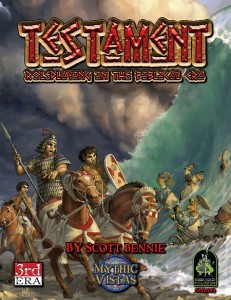For the past two days, I've been listening to Dan Carlin's conversation with Sam Harris. This morning, I heard an exchange around the Confederate Flag that caught my attention. First, Dan floated the thought of a redesigned Confederate flag, to show regional pride without showing racism.
I would love to interview these folks, because whenever someone writes me a letter about this, they always say "It's not about the slaves and it's not about the racial situation, it's about the right to seceede, to protect your life, it's a right to do all ...", in other words, take every reason for the civil war besides the slavery aspect and they will say it's about that because nobody's, or very few people I've ever spoken to, say "Yeah, I fly the flag because black people are inferior and blah, blah, blah." I would love to see a notation then to the flag, you know there's a lot of flags from other countries where something will happen and a new regime will take over or something will change and they'll alter the flag slightly, you know we'll always put another star on our flag when a new state came in. Seems to me you could put something like a chain being snapped or something in the center of the flag or something that indicated that this flag isn't in favor of slavery or this is the post-slavery Confederacy or "Welcome back black people to the New South", whatever. Something that just sort of said, "You know the little chain on the flag being freed, yeah, that shows that this flag does not represent something that said that the slavery was the part that we would like to see returned."
A few minutes later, Dan came back to that thought and expanded on it a bit more.
In the emails that I'll get about this people will talk about "It's just a pride in your heritage sort of thing". I think the pity then is that there isn't an alternative symbol that if you wanted to say "I'm a Southerner and I'm proud of it" that you could show that didn't have the same overtones, that didn't appear to some people that you're not just saying "Yes, I'm proud of the South but I'm proud of things the South did before the Civil War". I mean the United States for example has a whole bunch of other flags that we've flown at one time or another, the Gadsen Flag, all those kinds of things, which different people can appropriate to show different aspects or different ideas. Seems to me, if you're into Southern pride—and I don't think there's anything wrong with having pride in your heritage, or your grandfathers, or anything like that. It's a pity that the symbol you could use to show that has all sorts of other overtones that are not just deeply offensive but that make people who are valued members of your community feel, not just like second class citizens, but maybe even a little afraid. Who would want to show that in a way that took other Southerners and, instead of making them feel proud, would make them feel the opposite of proud?
I decided to take that idea and run with. What if I took the Confederate flag and changed the colors? I decided to keep the basic elements, to represent some continuity of Southern culture, but change the colors to signify that this is a New South that doesn't embed the racism and hate of the past.
Original Flag
I think the defining features of the original flag are the bold, red field that dominates the flag and the two blue bars that crisscross the field. That's what I need to change, to make this feel like an updated, more modern, version of the flag.
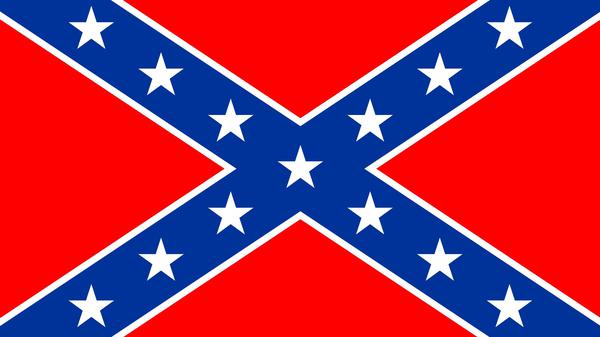
Redesign 1
For my first attempt, I wanted to deemphasize the red. I moved the blue from the bars to the field and moved the red from the field to the stars and the outline of the bars.
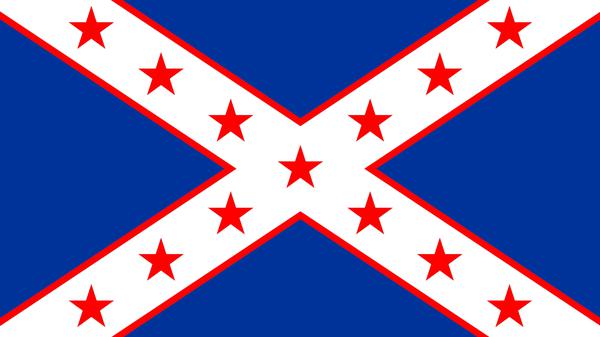
Redesign 2
I didn't like how bright (eye searing?) the red and white bars were. I decided to make the field white and match blue bars with white stars. I deemphasized the red even more, relegating it to the outline of the bars.
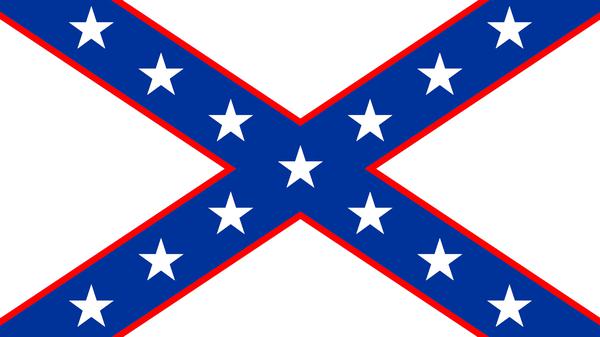
Redesign 3
The second attempt was better than the first, but I didn't like the bright expanse of white, now that the entire field was white. I made the field blue again and decided to get rid of the red entirely, replacing it with green. Now the stars are green and the outline of the bars is green.
I'll say that the green is there because it can represent the rebirth of the South into the new South.
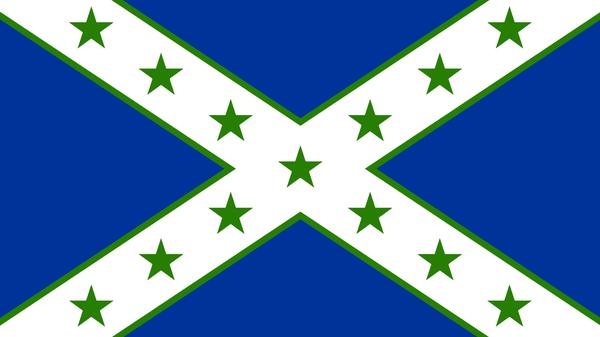
Redesign 4
This is nearly identical to the third redesign. In this one, I removed the outline of the bars, to make for a starker contrast against the blue field and a further distancing from the Old South design.
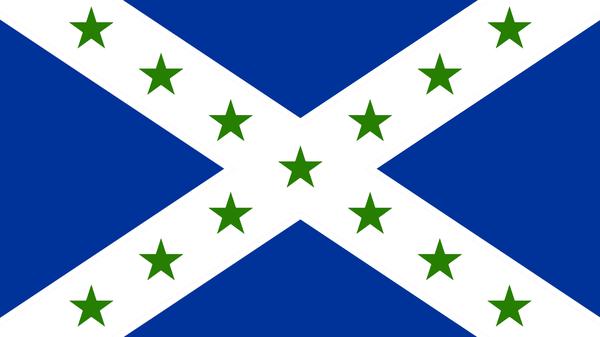
What do you think? Can you imagine seeing one of these flags as a common symbol of the New South, one not associated with racism and hate?





